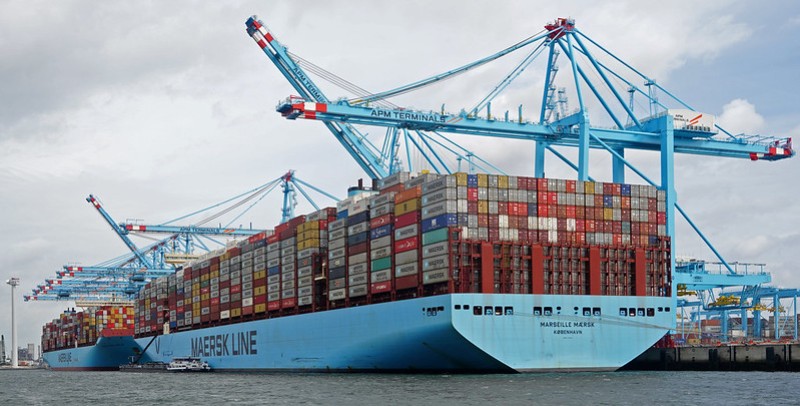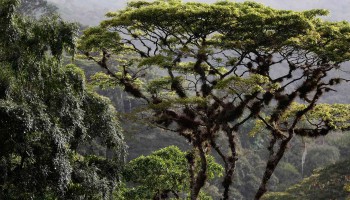“This endorsement by the United Nations’ specialized agency sends a strong message on the growing international engagement against the illegal wildlife trade (IWT) and its impacts on global biodiversity, directly threatening the survival of many species in the wild,” Traffic, an NGO which monitors the illegal trade said in a statement.
“This is the first time the IMO has taken a bold step to combat IWT exploiting the maritime shipping industry,” it said.
The illegal trade in endangered wildlife and their parts – including both flora and fauna – is a massive global industry valued at billions of dollars per year. Maritime shipping accounts for an overwhelming majority of the world’s trade, and illegal industries such as wildlife trafficking are no exception.
“With 90% of the world trade being seaborne and an estimated 72-90% of illicit wildlife volumes being trafficked through maritime transport, the sector holds a responsibility to engage against this transnational organized crime,” Traffic said.
The guidelines include measures to prevent, detect and report trafficking as well as practices emphasizing due diligence, responsibility-sharing and cooperation all along the supply chains.
“These guidelines present a gamechanger in the fight against the illegal wildlife trade,” Dr. Margaret Kinnaird, the Global Wildlife Practice Leader of the World Wide Fund for nature, WWF, said.
“Through dedicated and expert support from IMO member states and partners, government authorities and companies can implement greater safeguarding measures to protect their employees, business, and nature, critical to protecting the integrity of maritime supply chains from operational, economic, security, and zoonotic health risks,” she explained. “The adoption of these guidelines will catalyze global cooperation in the maritime sector to fight IWT.”
The guidelines were formally submitted to the 46th IMO conference by Brazil, Colombia, Germany, Kenya, and Tanzania, alongside several international bodies.
According to the World Bank, Kenya has lost over the last several decades more than half of its wildlife resources due to a variety of reasons, including poaching and trafficking.
Kenya expressed its gratitude to all member states who supported the development and adoption of these guidelines, saying that they will greatly help protect the country’s wildlife.





